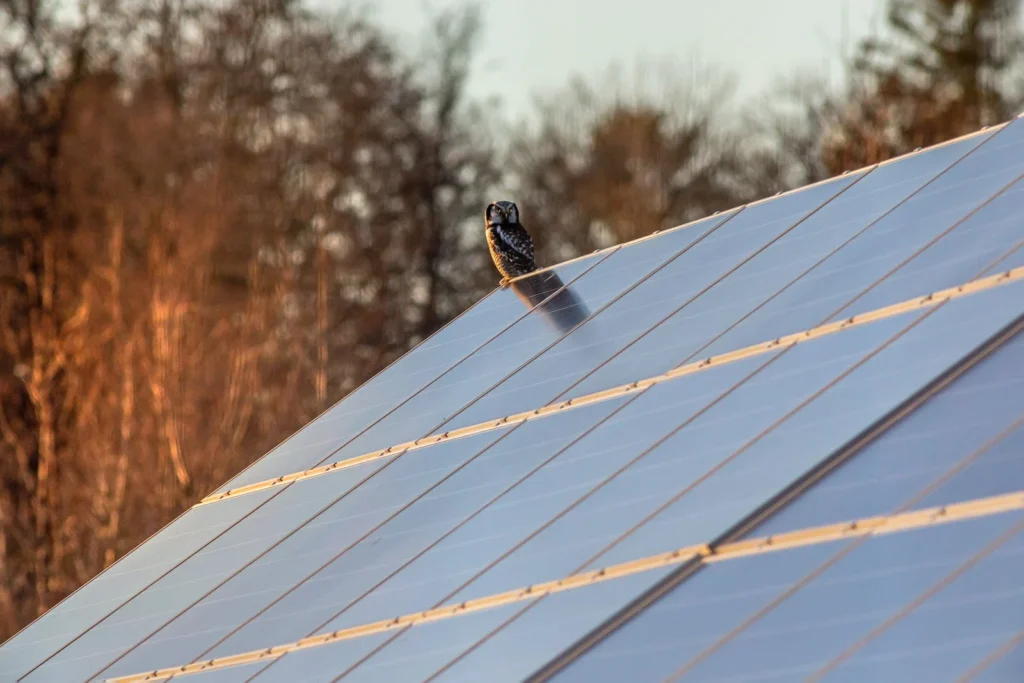Rural Oregon Sees Solar Power Surge, USDA Overcomes Transmission Obstacles
The U.S. Departments of Energy and Agriculture have identified a growing need for farmland across the United States to accommodate power-generating solar panels. This initiative is crucial for the country to achieve its goals of decarbonizing the electric grid and significantly reducing greenhouse gas emissions.
However, the approach used by officials at the USDA’s Rural Development office to encourage Oregon farmers and rural business owners to participate differs. They focus on the substantial financial benefits that solar energy can bring. “We estimate that our customers are saving between 40% and 100% on their electricity bills,” explained Margaret Hoffman, the Oregon director for the rural development office. This significant reduction in energy costs is a compelling incentive for many in the agricultural and small business sectors.
These customers include farmers and small business owners across Oregon who have tapped into the historic federal funding available through the Rural Energy for America Program (REAP). Established in 2008, REAP received an unprecedented boost with a record $1 billion in funding as part of the Inflation Reduction Act, passed by Congress in 2022. According to Hoffman, this represents the single largest investment in rural electrification since the 1930s. The program’s expansion has sparked considerable enthusiasm among farmers and business owners, eager to leverage this opportunity.
“The interest in the program has surged remarkably,” Hoffman noted, reflecting on the growing demand for solar energy solutions in rural areas.
In the past year alone, the Oregon office has invested over $4 million in 38 solar projects throughout rural Oregon. Despite this progress, the initiative faces significant challenges, including limited transmission capacity for the generated electricity and a shortage of local technical assistance. This assistance is crucial, especially in helping applicants navigate the grant application process to offset the costs of solar installations.
Hoffman, who has previously served as an energy policy advisor for former Oregon Governors John Kitzhaber and Kate Brown, recognizes these challenges. She is actively working to address them, acknowledging the increasing demand for solar energy in rural Oregon. Her efforts are focused on enhancing the infrastructure and support necessary to facilitate the transition to solar power, ensuring that rural communities can fully benefit from this renewable energy source.
As the program continues to grow, it offers a promising pathway for rural Oregon to contribute to the nation’s broader environmental goals while also reaping the economic benefits of solar energy.






